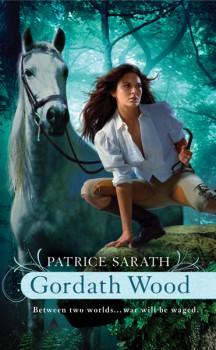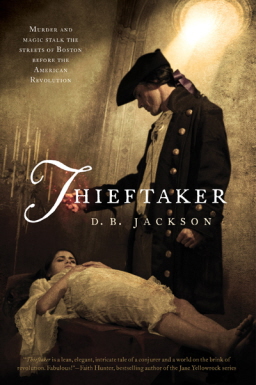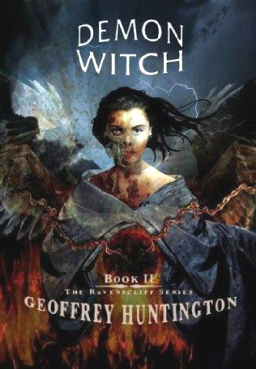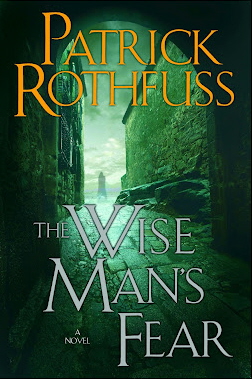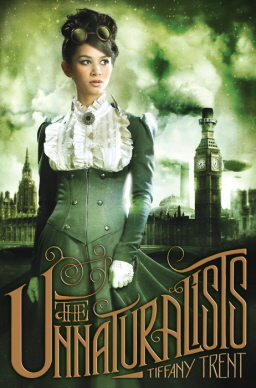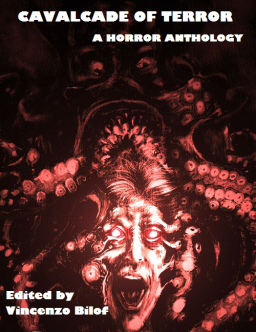Under the Hood with Robert E. Howard
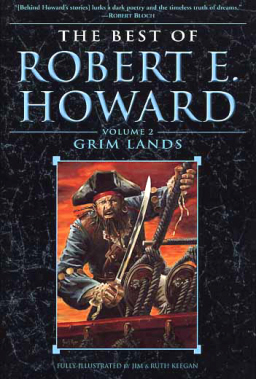 When I tell people what a great writer Robert E. Howard was, a lot of them don’t seem to believe me. If they only know him through depictions of Conan or, worse, rip-offs, then they think Howard’s writing is all about a dull guy in a loin cloth fighting monsters and lots of straining bosoms. It’s not that Robert E. Howard thought himself above describing a lithesome waist or a wilting beauty, especially if he needed to make a quick buck, it’s just that there’s a lot more going on in a Conan story than his imitators took away.
When I tell people what a great writer Robert E. Howard was, a lot of them don’t seem to believe me. If they only know him through depictions of Conan or, worse, rip-offs, then they think Howard’s writing is all about a dull guy in a loin cloth fighting monsters and lots of straining bosoms. It’s not that Robert E. Howard thought himself above describing a lithesome waist or a wilting beauty, especially if he needed to make a quick buck, it’s just that there’s a lot more going on in a Conan story than his imitators took away.
It’s easy to pull some samples of great action writing from Robert E. Howard. I’ve done it before, and I could easily do it again here. Only a handful of writers can approach him in that field, and almost none are his equal.
He was also a master of headlong, driving pace. That can be hard to showcase without insisting you read an entire story, so today I want to show readers who seem unaware of his work (or those who are uninterested) a few more reasons why those of us in the know revere him so highly.
Here in one of his historical stories, ”Lord of Samarcand,” is the Scotsman, or Frank, as the easterners call any from Europe, Donald MacDeesa, riding to the court of Tamarlane the Great. See how swiftly, how easily, Howard conjures the scene in all its splendor with just a few well-chosen words, as though he’s panning a camera as MacDeesa rides.
 As I watch the tumbleweeds blow through
As I watch the tumbleweeds blow through